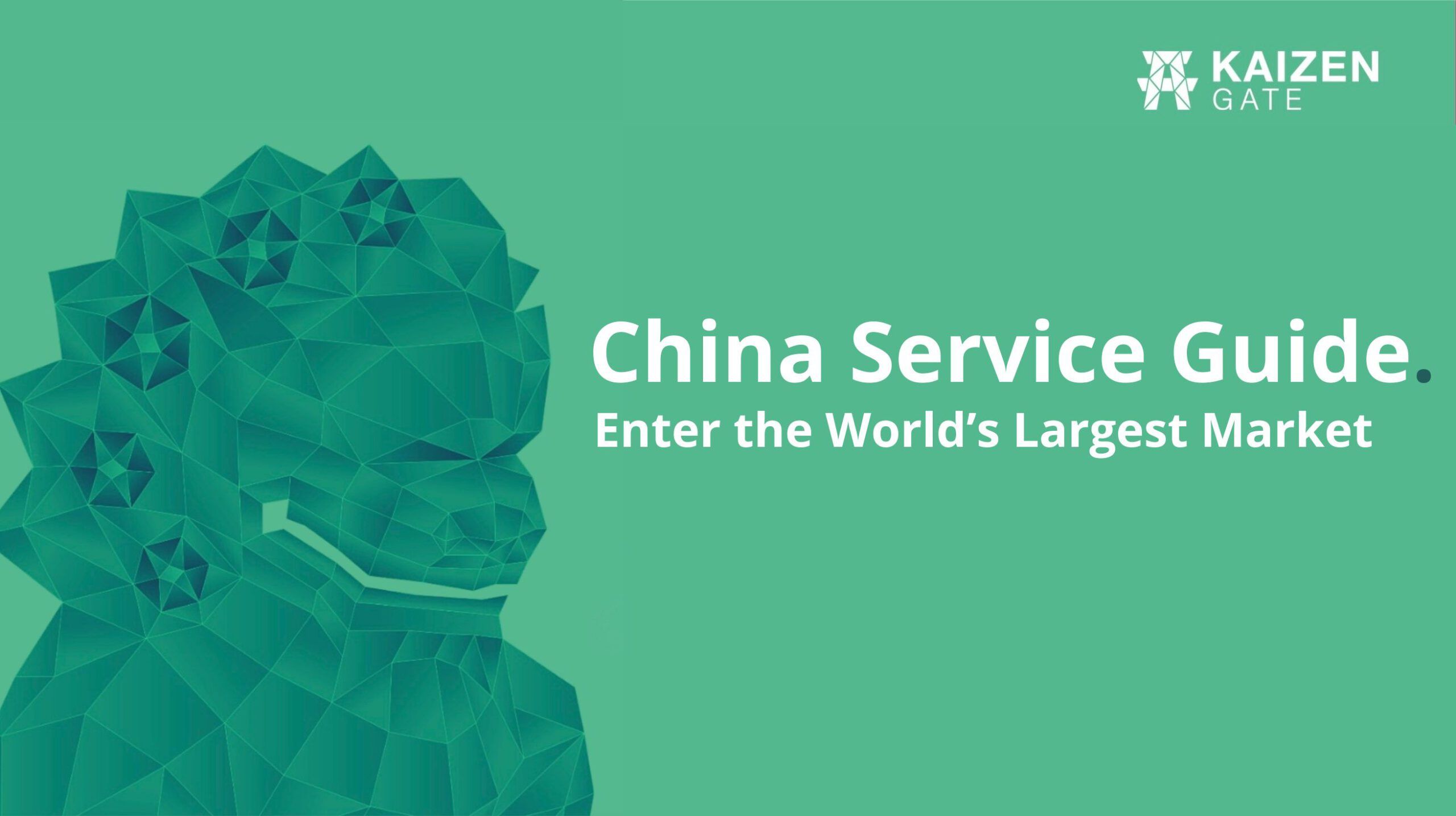China’s booming livestreaming sector – an essential channel for e-commerce and brand marketing – is facing a regulatory overhaul. In June 2025, China’s top market and internet regulators unveiled a draft set of rules aimed at tightening oversight of live-streaming e-commerce.
These proposed measures seek to curb abuses in the fast-growing industry while promoting a “healthy” online market environment. For foreign brands operating (or planning to operate) in China, this development is a serious wake-up call. Live commerce has been a golden opportunity for reaching Chinese consumers, but now authorities are signaling that only those who play by the new rules will be allowed to thrive.
Background: China’s Thriving Livestreaming Economy
Over the past few years, live-streaming has evolved from a niche entertainment medium into a pillar of China’s digital economy. As of December 2021, over 700 million people in China were livestreaming users – about 68% of the country’s entire internet population. Platforms like Douyin (TikTok’s Chinese version), Kuaishou, and even WeChat (via Channels) have turned real-time video into big business. The allure is clear: charismatic hosts demonstrate products, answer questions, and drive impulse buys in a format akin to QVC on steroids.
The numbers are staggering. In 2023, China’s livestreaming e-commerce market generated nearly $700 billion in sales, up from just $57 billion in 2017. Top streamers like Li Jiaqi (the “Lipstick King”) and Viya have individually sold goods worth millions of yuan in a single session. Live broadcasts now feature everything from cosmetics and fashion to home appliances – and have become a mainstream shopping channel for Chinese consumers. During major sales events like Singles’ Day, livestreams contribute hugely to record-breaking revenues (Alibaba saw $74 billion in orders during Singles’ Day 2020, with livestreams heavily featured).
This explosive growth, however, has invited greater scrutiny. Misleading claims, counterfeit goods, and viewer scams have at times tarnished the industry. Regulators see unchecked livestreaming as a risk to consumer rights and social order. It’s no surprise that authorities are stepping in – not to kill the golden goose, but to rein it in. Beijing’s broader tech crackdown in recent years (under banners like “cleaning up the internet” and consumer protection) has already clipped the wings of influencers who broke laws. For example, top streamer Viya was fined ¥1.3 billion for tax evasion in 2021 and effectively banned. Now, with livestream e-commerce so integral to retail, officials are moving to set clear rules of engagement. In short, China’s livestreaming boom is entering a new phase where compliance is king, and understanding the emerging rulebook is crucial for brands.
Key Draft Regulations
The new draft regulations – jointly issued by the State Administration for Market Regulation (SAMR) and the Cyberspace Administration of China (CAC) – lay out strict requirements for everyone in the live-commerce ecosystem. Here are the most relevant proposed rules and what they mean in practice:
Aquí tienes un resumen conciso y profesional:
- Real-Name Registration: Livestreamers in China must register using their real identities, providing national IDs and social credit details. Platforms must verify identities and regularly report to authorities, ensuring accountability and restricting minors (under 16) unless guardian consent is provided.
- Ban on “Low Taste” and Excessive Content: Regulators prohibit vulgar, sensationalist, or socially destabilizing content. Brands and influencers must adopt conservative, positive storytelling approaches, avoiding provocative or risqué elements to maintain compliance.
- Limits on Product Claims: Stricter rules prohibit false or exaggerated claims, especially in health, finance, or education sectors. Streamers discussing professional topics must hold proper certifications. Brands must ensure all claims are verifiable and carefully select qualified presenters.
- Protection of Minors: Regulations aim to shield minors from harmful content, limit screen time, and restrict tipping practices. Brands targeting younger audiences must ensure age-appropriate messaging, obtain guardian consents, and observe streaming curfews.
- Penalties for False Advertising: Authorities strictly forbid misleading advertising, fake traffic, and fraudulent schemes. Violations can lead to fines, blacklisting, and reputational damage. Platforms must implement “credit score” systems to track compliance, placing responsibility on brands and livestreaming providers.
- Platform Moderation and Reporting: Platforms must actively monitor streams, enforce content rules, and intervene immediately to stop violations. Real-time moderation, robust complaint processes, and regular reporting to authorities are mandatory, with significant penalties for noncompliance. Brands should prepare for stricter vetting, monitoring, and potential stream interruptions.
Implications for Brands
For global companies invested in China’s live-commerce boom, these draft rules carry significant risks and responsibilities. Brands need to understand the new landscape not just in theory, but in how it alters day-to-day marketing and operations. Here are key implications:
- Higher Compliance Burden: Brands must now implement rigorous compliance measures, verifying livestreamers’ identities, ages, licenses, and ensuring all promotional claims meet Chinese regulations. Pre-screening content to avoid banned or exaggerated claims is mandatory to prevent penalties or stream shutdowns.
- Contractual Safeguards with KOLs and Agencies: Brands should update contracts with influencers and agencies to clearly mandate compliance with local regulations and platform policies. Include specific clauses about prohibited content, indemnification, approval rights over livestream scripts, and real-time content monitoring responsibilities.
- Reputation and Trust at Stake: Chinese consumers closely monitor brand behavior online, meaning regulatory violations rapidly become public scandals. Foreign brands face heightened scrutiny; thus, adhering strictly to regulations is vital for avoiding reputational damage and fostering consumer trust and loyalty.
- End of Gray-Zone Tactics: Regulators explicitly forbid deceptive practices like inflating viewer counts or using exaggerated claims to boost sales. Brands must strictly avoid questionable marketing tactics and carefully vet emerging trends like AI hosts, ensuring all content aligns clearly with legal requirements.
- Necessity of a Localized Strategy: Western marketing approaches may inadvertently violate China’s cultural or regulatory standards. Brands must adopt localized, culturally sensitive livestream strategies, prioritize working with reputable local influencers, diversify risk with micro-influencers, and consistently monitor for compliance to sustain long-term success in the Chinese market.
What Brands Should Do Now
Facing this regulatory shift, practical action is the name of the game. Here are concrete steps brands should immediately consider:
- Audit Livestream Campaigns: Review existing and upcoming livestreams to spot compliance issues—such as exaggerated claims, risky influencer behavior, or regulatory violations. Correct identified problems immediately, paying special attention to sensitive industries like health or finance.
- Update Contracts and Guidelines: Revise agreements with influencers, agencies, and e-commerce partners, incorporating compliance clauses and detailed checklists aligned with Chinese regulations. Clearly outline acceptable content standards, claim guidelines, and approval processes to ensure accountability.
- Train and Educate Teams: Provide comprehensive training sessions for internal teams and influencers on China’s new livestreaming rules. Explain not just regulations but also their rationale to foster understanding. Ensure guidelines are bilingual if needed, making sure all stakeholders grasp the compliance essentials.
- Strengthen Content Oversight: Implement internal procedures to vet livestream content both before and during broadcasts. Assign compliance officers or legal staff to review scripts, and monitor livestreams in real time to address issues immediately. Adopt a vigilant “trust but verify” mindset.
- Monitor Regulatory and Platform Updates: Designate personnel to track ongoing regulatory developments and platform-specific guidelines closely. Subscribe to industry updates and maintain active participation in relevant trade groups, enabling proactive adjustments to your compliance strategy.
- Establish Cross-Functional Compliance Team: Create an internal team from legal, marketing, PR, and operations to oversee livestream compliance. This group should conduct regular compliance reviews and crisis planning, ensuring quick, coordinated responses to any compliance incidents or regulatory changes.
For brands feeling overwhelmed by these evolving rules, tapping into local expertise can be a game-changer. For example, working with a partner like Gate Kaizen – which specializes in digital strategy, compliance, and cross-border operations in China – can provide crucial operational and legal clarity. Local consultants understand the regulatory nuances and can help interpret the fine print, train your teams on best practices, and monitor your campaigns in real time for red flags. Collaborating with on-the-ground experts ensures you’re not navigating this complex landscape alone, reducing the risk of costly mistakes while you focus on growing the business.
China’s new draft livestreaming regulations underscore a simple truth: the era of growth-at-any-cost in online marketing is coming to an end. Compliance and adaptation are now the tickets to play in this dynamic market. For brands, the urgency is real – those who delay in adjusting their practices may find themselves blocked from the biggest digital consumer base in the world. Yet, it’s important to remember that with challenge comes opportunity. Livestreaming in China will remain a powerhouse channel for consumer engagement and sales. The difference is that going forward, success will favor brands who master the rules and innovate within them, rather than trying to circumvent them.
In practical terms, foreign brands should view these regulations not just as constraints, but as a roadmap for building trust with Chinese consumers. By delivering authentic content, using qualified spokespeople, and respecting cultural norms, you not only avoid penalties – you also create better customer experiences. The brands that thrive in China’s next phase of digital commerce will be those that treat legal compliance and cultural respect as fundamental parts of their strategy.
The clock is ticking: regulators have signaled they intend to finalize and enforce these rules as soon as possible. Now is the time to get your house in order. China’s livestreaming goldmine is still there for the taking, but only for those who mine it responsibly. Adapt swiftly and diligently, and your brand can continue to ride the livestreaming wave – securely and successfully – in the world’s largest online market.

Gate Kaizen is the trusted partner of large and mid-cap companies as a provider of market entry services and HR Solutions in the Chinese market. We help your business save the outsantding costs of setting up your local entity by leveraging our own structure and the shortcuts of the digital era to minimize the financial risks of expanding overseas. This way, you can focus your attention on what really matters: your business.

